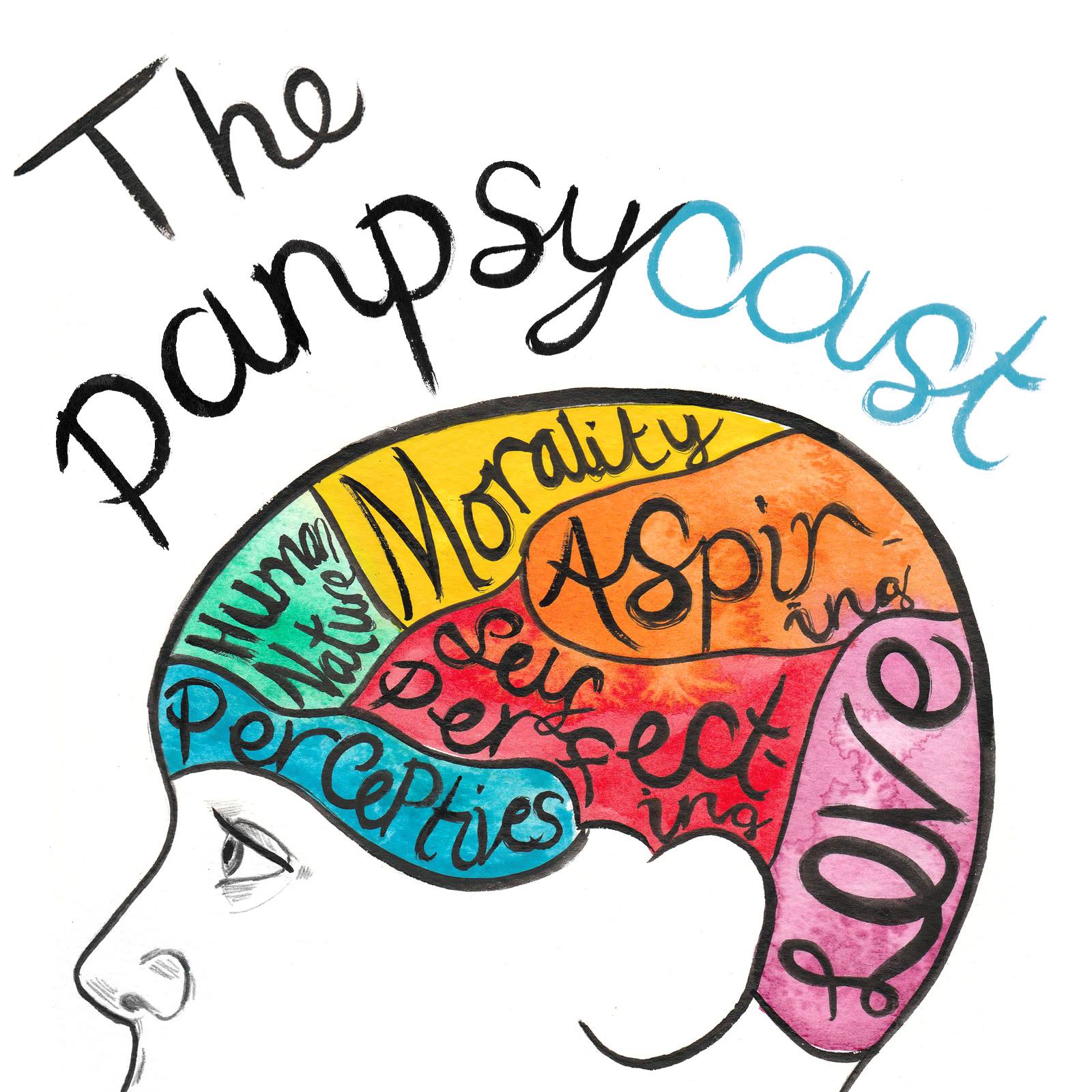Welcome to 'Episode 79 (Part III of III)', where we’ll be applying Nagel’s and Camus’ understanding of the absurd to philosophical literature, as well as engaging in some further analysis and discussion.
Meet Jack. Jack, like most individuals, takes great care of his health, appearance, the fulfilment of his projects, and the quality of his relationships with friends and family.
Today Jack is preparing for another episode of his iconic philosophy podcast. He has been reading diligently, noting fastidiously, and practicing his jokes in the mirror. Fully invested in his work, he goes to great lengths to ensure that the podcast is well received. But today is no ordinary day for Jack, something is about to happen that he could never prepare for.
Sat at his desk with his nose in Thomas Nagel’s Mortal Questions, Jack reaches for his cafetière to refill his Nietzsche coffee mug - when he hears the sound of a heavy creak above him. The room begins to shake, the coffee mug spills, and Jack jumps out of his chair as dust begins to fall around him. Fearing that the roof will cave, he runs out of the house, but finds that the streets are shaking too.
Like the set of a stage, the neighbourhood before his eyes begins to fall backwards. As the walls hit the ground, Jack sees countless figures in black uniforms running frantically in all directions. He looks up to the sky and sees several tall figures on ladders: a blue figure holds a large, blinding torch, a white figure holds a watering can, and a black figure holds what seems to be a large block of cheese. Jack is overwhelmed with disbelief - he is standing in the middle of a stage. Suddenly, one of the figures shouts instructions to another, who frantically pulls on a rope - the stage rising back to its original position, the figures disappearing.
It dawns on him: Jack is the actor in a play. What of his life? His childhood? His family and friends? What of his projects? Will he ever be able to return, to his old life?
Jack ponders the thought for a moment and walks back into his home. He cleans up the coffee, brushes up the dust, sits back down in his chair… and continues, with his reading.
The file size is large, please be patient whilst the podcast buffers/downloads/takes itself too seriouslyContents
Part I. Thomas Nagel
Part II. Camus, Criticisms, and Comparison
Part III. Further Analysis and Discussion

